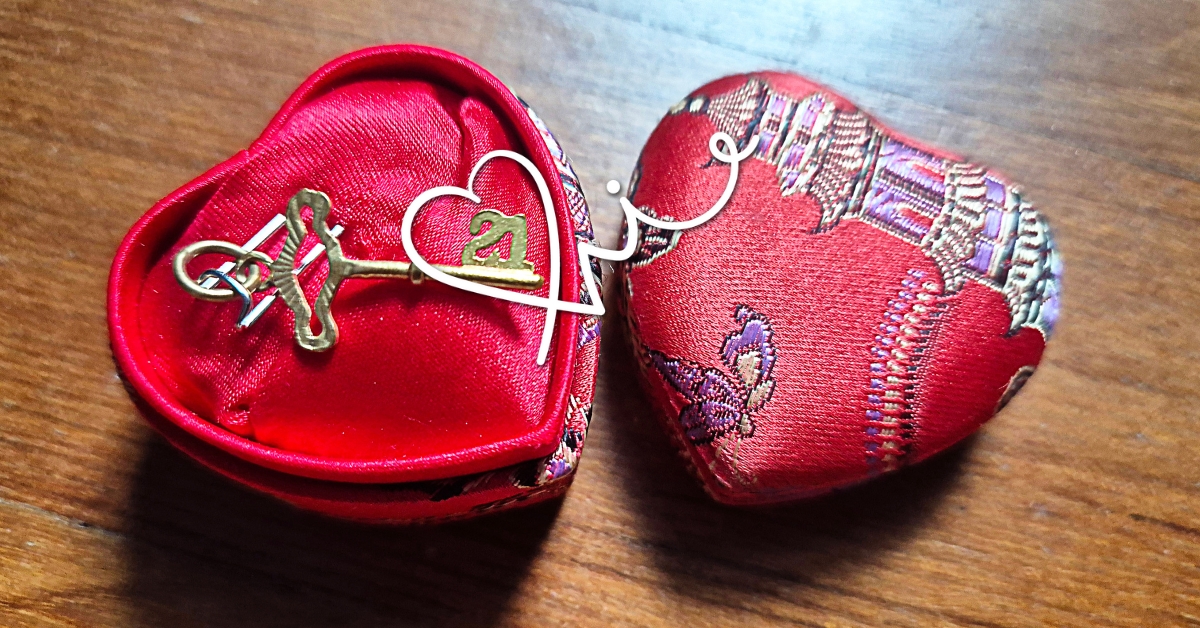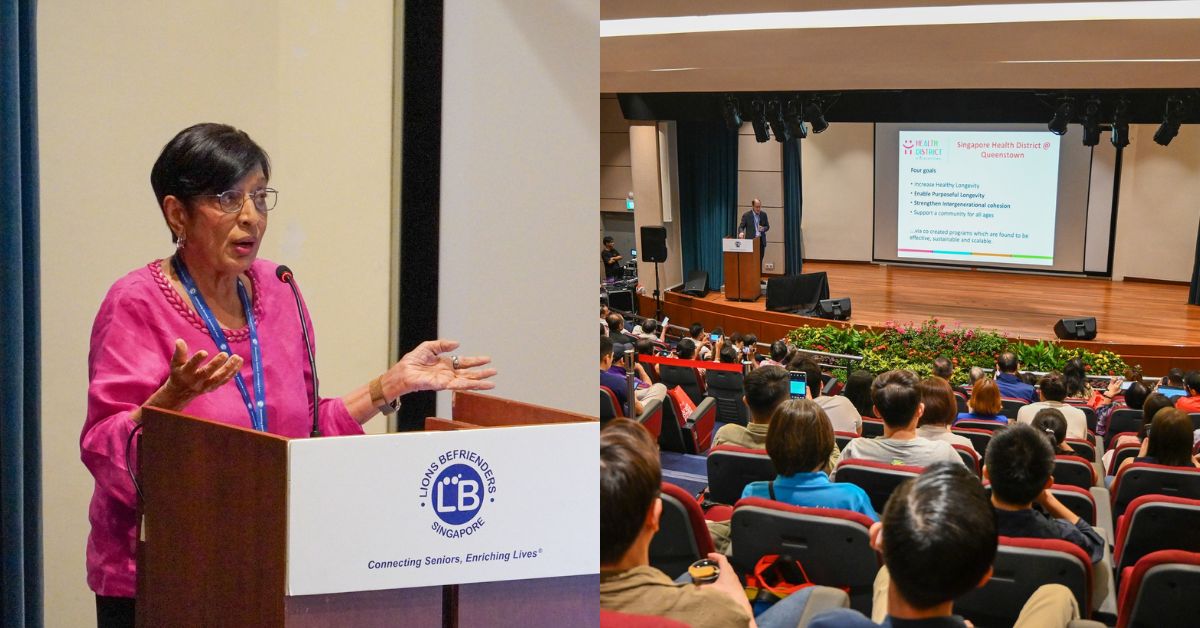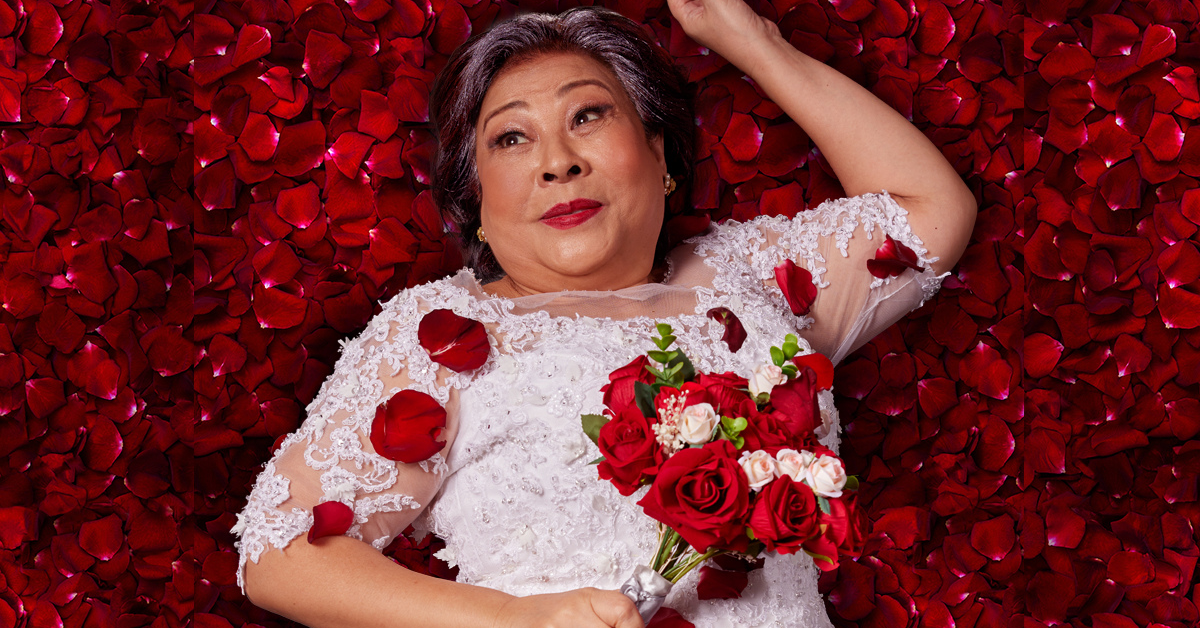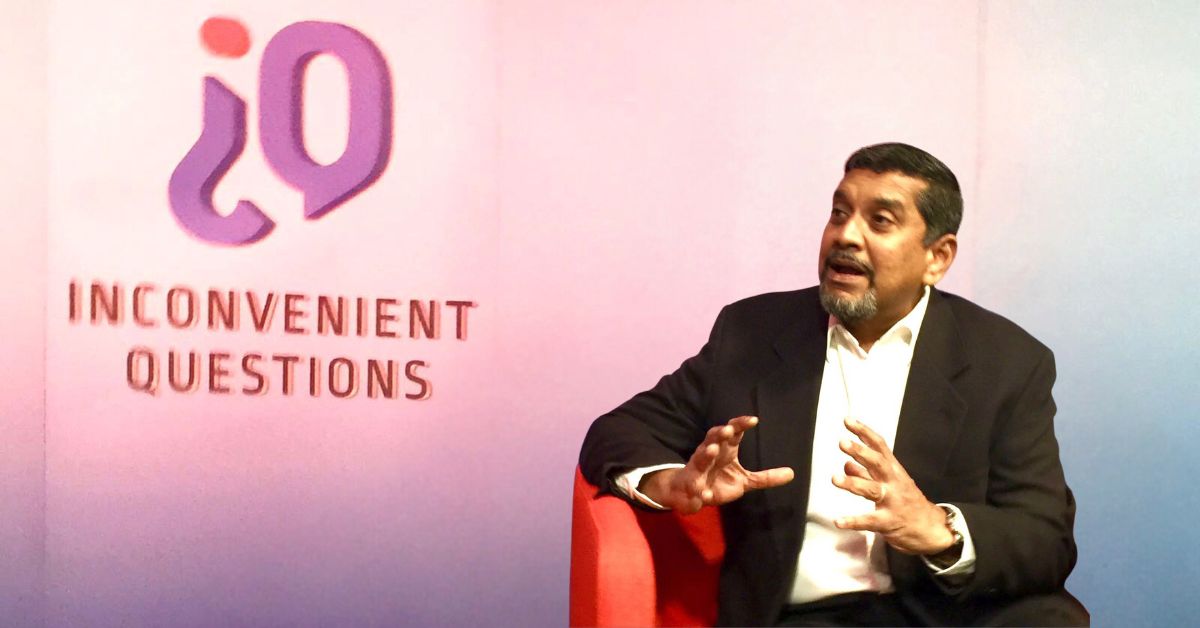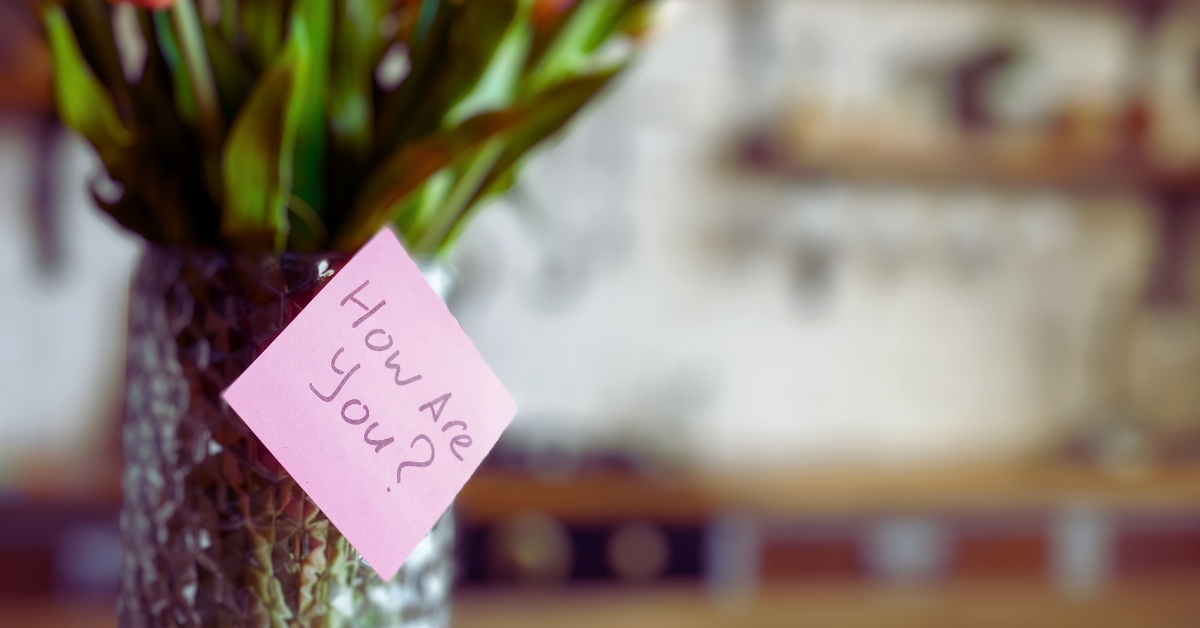
As a solo senior living independently, such messages are an important touch point: “Hi Marguerita! Just doing a wellness check. How are you?”
That is the lovely WhatsApp message a few dear friends will send me every blue moon to check that I am alive and well, knowing I am a solo silver dweller.
Living alone has its perks. Being longtime contributors to Singapore’s sharply rising, one-person household statistics, fellow solo dweller friends and I value our independence. This gives us total control of our time (including the all-important me-time) and freedom to do whatever we want, whenever we like.
Once we are in our senior years however — be it Majulah, Merdeka or Pioneer Generation — it is advisable for us solo silver dwellers to prepare for the “what ifs”, such as if we were to have an accident or incident at home without anyone knowing about it.
As the popular Cantonese saying goes, 唔怕一萬, 至怕萬一 (“Not afraid of 10,000 incidents, just fearful of one mishap”).
Advertisement
Case in point: in the last three years, reports of undetected deaths of seniors (aged between 58 to 87) who lived alone in HDB flats and whose bodies were not found till days or weeks later have been more frequent, with two latest cases occurring as recent as August 2024.
A social worker friend also told of an 80-year-old woman living alone who, despite having no prior incidents, suddenly collapsed at home. If her son did not visit her later that day, her plight may have gone unnoticed.
By 2030, Singapore is expected to have more than 900,000 seniors aged 65 and above, with an increasing number living alone.
Protective measure for safe solo senior living
So, if you are a solo silver dweller, do keep yourself top of mind with people who care enough to do wellness checks on you, or will wonder why when you are suddenly MIA.
Here are some protective measures you should consider incorporating into your lifestyle:
1. Stay connected with family & friends regularly
Keep in touch regularly with family members or close friends through calls or text messages if not daily, then every other day.
When you are sick, inform at least two contacts who can check on you often via text, or go to your house if necessary if you take a turn for the worse.
If possible, provide a set of house keys to a trusted family member or friend.
My sister has my house keys and she will text once in a while or have dinner with me. I also have a small network of friends who meet biweekly or monthly for meals, movies or events,
says tutor Mary Yee, 61, a solo HDB dweller since 1990.

Image courtesy of Randy Choo.
Insurance manager Randy Choo, also 61 and a solo condo dweller for over 30 years, visits his elderly mother a few times a week and is in constant contact with a group of good friends.
These good friends will guess something is wrong if we don’t exchange any WhatsApp messages for a day or so,
he affirms.
2. Join social groups for regular outings

Image courtesy of Mary Yee.
Join a social or community group that meets regularly so that fellow members would notice if you are missing or have been uncontactable.
It can range from daily/weekly gym or exercise sessions, faith-based activities like weekly bible study groups or meditation practice sessions, hobby/interest groups or even your housing estate’s Group Buy chat group.
SilverStreak Social, for instance, is a community that organises regular monthly outings such as Makan Kakis (food), Jalan-Jalan Kakis (scenic walks) and Photo Kakis (photography) which you can participate in and interact with fellow silvers at the same time.
The key is to interact regularly with people so they know of your existence.
3. Build rapport with neighbours
Building rapport with neighbours is nothing but a good thing, especially if you live alone.
Many of us may prefer to mind our own business but in cases of emergency, our neighbours may well be the first responders if they (touch wood) smell something is afoot when they have not seen you for some time.
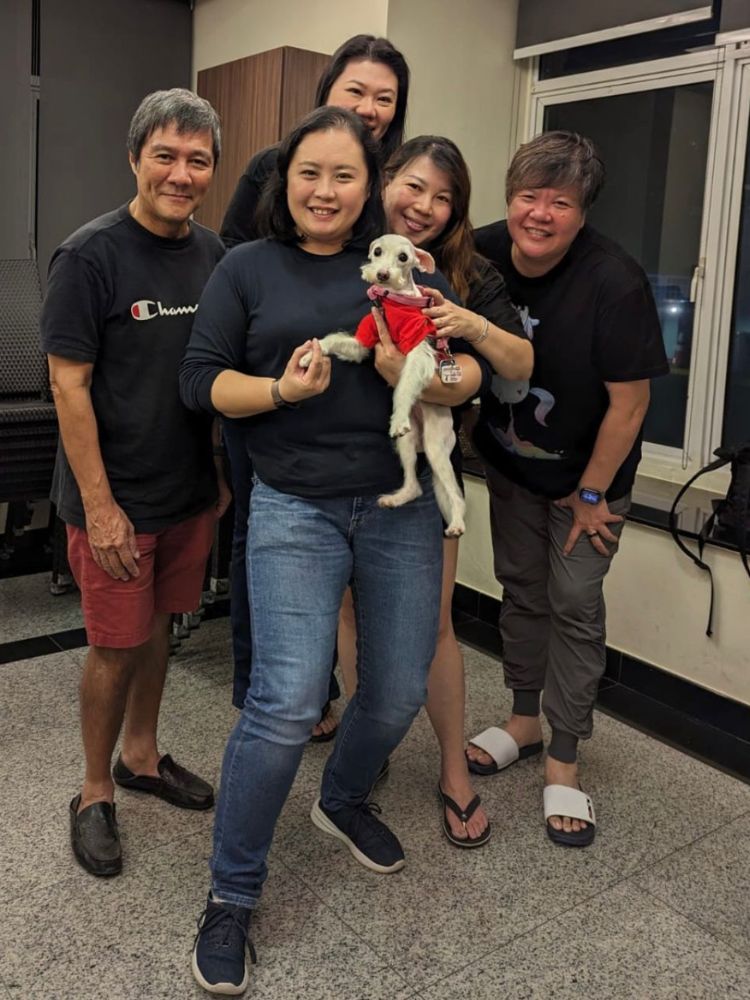
Image courtesy of Randy Choo.
Besides his close friends, Randy is certain his neighbours would check on him if they have not seen him for a while as they bump into each other quite often.
I know my immediate neighbours quite well, at least four of them. Even my downstairs neighbour occasionally invites me for her Christmas or Chinese New Year gatherings, so I guess I'm lucky in that sense,
he reflects.
4. Be active on social media
Some may think it is a waste of time but if you post frequently on social media, your followers will notice if you were to stop posting altogether.
It can be any platform such as Threads, X, TikTok or a blog. Posting need not be daily, you just need to do it regularly enough for people to notice if you are MIA.
I use my Instagram and Facebook as biweekly updates. Post food or a movie or something funny as a way for friends to know I’m ok,
says Mary.
My sister and her family follow me on Instagram and Facebook. When I don't update, they tend to message me,
she added.
5. Register or volunteer with an active ageing centre
If you live alone, it may be beneficial to sign up with your nearest active ageing centre (AAC).
AACs have many recreational activities such as exercises, handicrafts and singing sessions, which aim to bind residents together to form a bigger family in the community to look after one another.
That is why Age Well SG, a national initiative that aims to help seniors age actively and independently in the community, are encouraging seniors to join an AAC as participants as well as volunteers.
Singapore aims to have 220 AACs by 2025 so that every senior can go to one near their home.

We usually take note of seniors who are living alone, frail, have high fall risks, or no family support. If a senior is identified as vulnerable, we will arrange for at least a monthly visit or regular phone calls to check in with the individual,
says Helen Wong, Community Outreach Manager of FaithActs, a cross-sector social service agency with AACs in Commonwealth Drive and Margaret Drive.
If you are able and have time to spare, consider becoming an AAC volunteer to share your knowledge and experience, or support fellow seniors in areas such as befriending, groceries buying, or providing handyman repairs.
To age purposefully, we strongly encourage seniors to volunteer at our AACs as their well-being is our priority. We would like to empower them to share their skills and to lead interest groups,
Helen elaborates.
If they are solo dwellers, we make sure to look out for them whether or not they are contactable, or if they need our help when they are ill,
she adds.
6. Set up emergency functions on your smartphones & watches
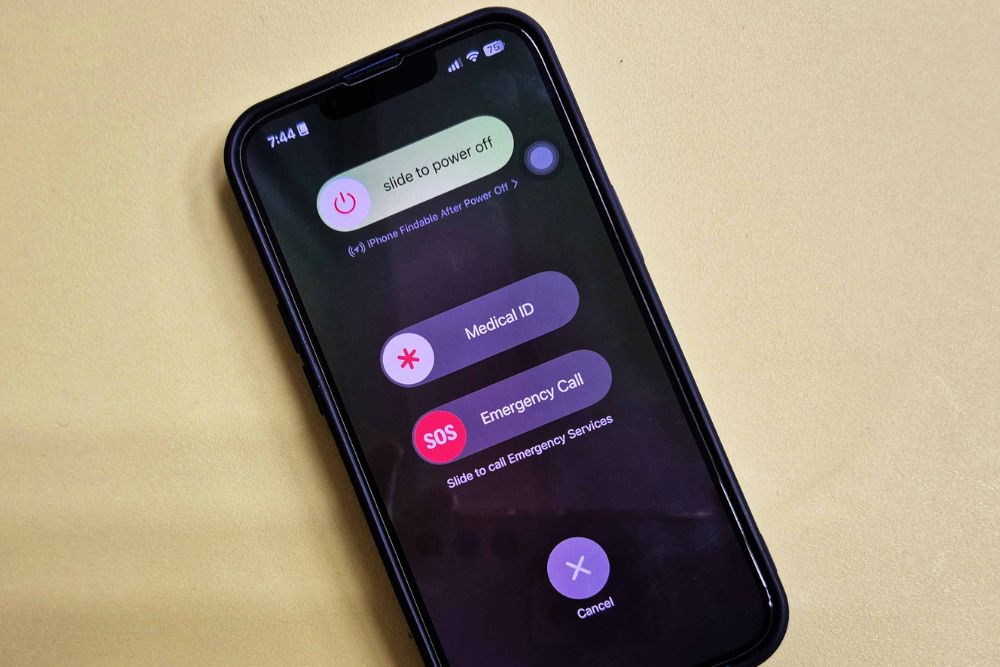
From Apple to Android, most smartphones these days have basic emergency features.
These include Emergency SOS which can call 995, text an SOS message to your emergency contacts, and provide easy access to your medical information such as medications, allergies and blood type (usually via widgets on your lock screen).
Latest models of smartwatches even have fall detection features where in case you have a fall, you can either dismiss the message if all is well, or the device can call emergency services, text emergency contacts with your location information, and enable quick access to your medical info.
Of course, besides ensuring that your smartphone or smartwatch is on hand or at least close by at all times, you must first activate the emergency features with the necessary information inputted.
Solo senior living: be prepared for unexpected moments
The above list of protective measures is by no means exhaustive, but they are some things you should put in place for peace of mind in case you have a crisis or emergency while home alone.
A consummate planner, Mary even went the extra mile.
"I've also set up my will and LPA (Lasting Power of Attorney), so there will be follow through. My sister even has a copy of my financial documents, list of passwords and friends' contacts."
After that, whatever happens, I leave it in God's hands,
she muses.

